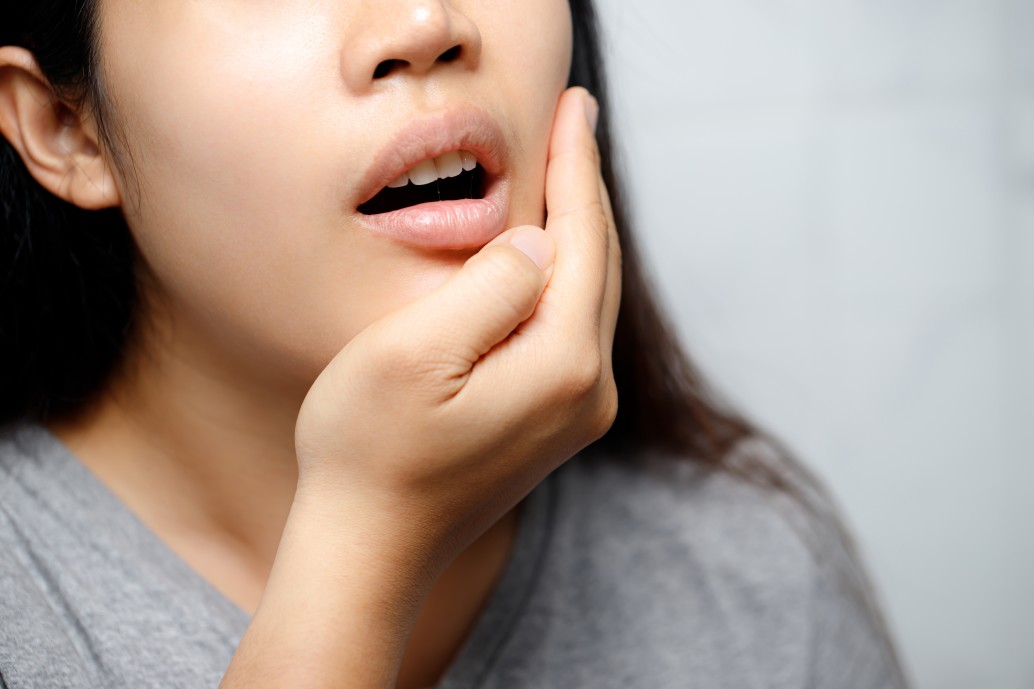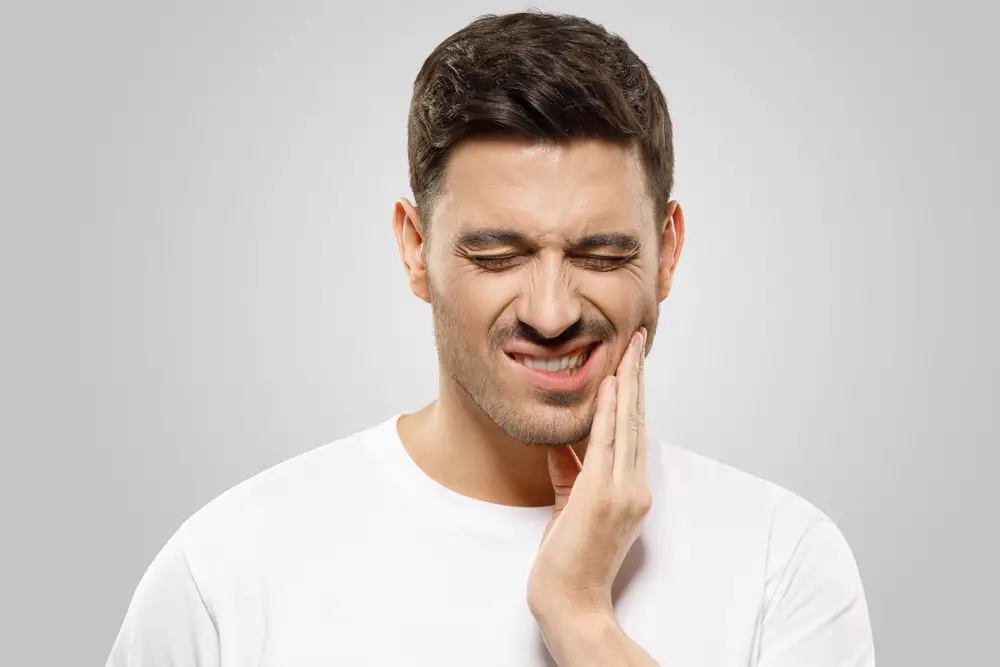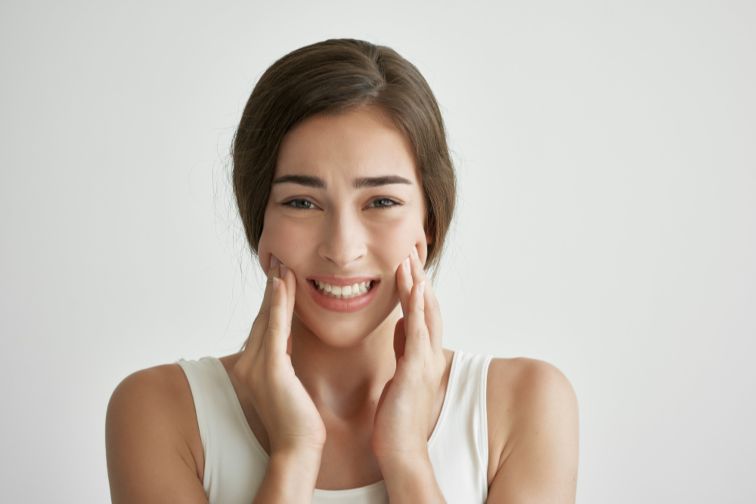Are you someone who experiences tooth pain when you exercise? You’re not alone. Many runners and athletes have reported feeling discomfort in their teeth during their workouts. But why does this happen? In this guide, we will discover the reasons why your teeth might hurt when you exercise and provide you with some practical solutions to prevent this from hindering your fitness goals.

Contents
Why Does My Teeth Hurt When I Exercise
When you’re in the middle of a workout and suddenly feel tooth pain, it can be a confusing and uncomfortable experience. You may wonder why this happens and what you can do to prevent it. Here are a few reasons why your teeth may hurt when you exercise:
1. Cold Sensitivity:
Running and intense workouts may cause you to breathe through your mouth. This can expose your teeth to cold air, leading to tooth pain. While it’s more common for runners, it can affect anyone who exercises intensely. One solution is to focus on breathing through your nose.
2. Bruxism:
Bruxism, or teeth grinding, is a condition that can occur not only while you sleep but also during times of stress or intense physical activity. When you push your limits during exercise, you may unintentionally clench your jaw, putting pressure on your teeth and causing dental pain.

3. Sinus Pressure:
If you experience tooth pain during exercise, it may not be directly related to your teeth. Sinus congestion or a sinus infection can cause pressure and pain in your upper teeth. When you engage in physical activity, the increased blood flow and heart rate can exacerbate these symptoms.
4. Dental Issues:
Sometimes, tooth pain during exercise can be a sign of an underlying dental issue. Tooth decay, cavities, or gum disease can cause sensitivity or pain that is exacerbated by physical activity. Maintaining good oral hygiene, visiting your dentist regularly, and addressing any dental concerns promptly can help prevent tooth pain during workouts.
Protecting Your Teeth While Exercising
When it comes to maintaining your dental health during exercise, there are a few simple steps you can take to protect your teeth. By implementing these strategies, you can minimize the risk of tooth sensitivity, pain, and potential damage.

1. Stay Hydrated:
Dehydration can lead to a decrease in saliva flow, leaving your teeth vulnerable to pain and decay-causing acids. To prevent exercise-induced dental issues, make sure you stay adequately hydrated. Aim to drink 16-20 ounces of water 2-3 hours before your workout or competition, and continue to replenish fluids at regular intervals during the activity. Water is the best choice, but sports drinks can also help replace lost fluids and electrolytes.
2. Breathe Correctly:
If you experience tooth pain while exercising in cold air, try modifying your breathing technique. Breathing in through your nose and exhaling through your mouth can help protect your teeth. Your cheeks, tongue, and lips act as a natural protective barrier. If this method proves effective, consider discussing ways to reduce sensitivity with your dentist.
3. Maintain Good Oral Hygiene:
Maintaining good oral hygiene habits is crucial for overall dental health, including during exercise. Brush your teeth at least twice a day, using a fluoride toothpaste. Clean between your teeth with floss or interdental brushes to remove plaque buildup. Don’t forget to schedule regular dental check-ups to catch any potential dental issues early.
4. Wear a Mouthguard:
If you engage in high-impact activities or contact sports, consider wearing a mouthguard to protect your teeth from potential trauma. A well-fitted mouthguard can help prevent injuries such as chipped or knocked-out teeth. Talk to your dentist about getting a custom-made mouthguard that offers the best protection and comfort.
By following these tips, you can enjoy your workouts without experiencing tooth pain and ensure the long-term health of your teeth.
Frequently Asked Questions
Is cardio good for your teeth?
Yes, exercise can benefit oral health. Studies show a positive correlation between exercise and dental health.
Why do my teeth hurt when I jog?
Tooth pain while jogging can be due to increased blood flow, clenching, dental sensitivity, gum disease, cracked teeth, or sinus problems.
Why are my teeth throbbing?
Severe tooth pain may indicate an infection in the tooth pulp. Sensitivity to heat and cold could indicate cavities, cracks, or gum disease.

Hello, I’m Ravindra. Over the years, I’ve immersed myself deeply into the world of fitness and health, transforming both my body and mind. Writing has allowed me to share my journey, insights, and expertise with those just starting out and seasoned fitness enthusiasts alike. Beyond just routines and diets, I believe in inspiring others to adopt a holistic approach to well-being.
